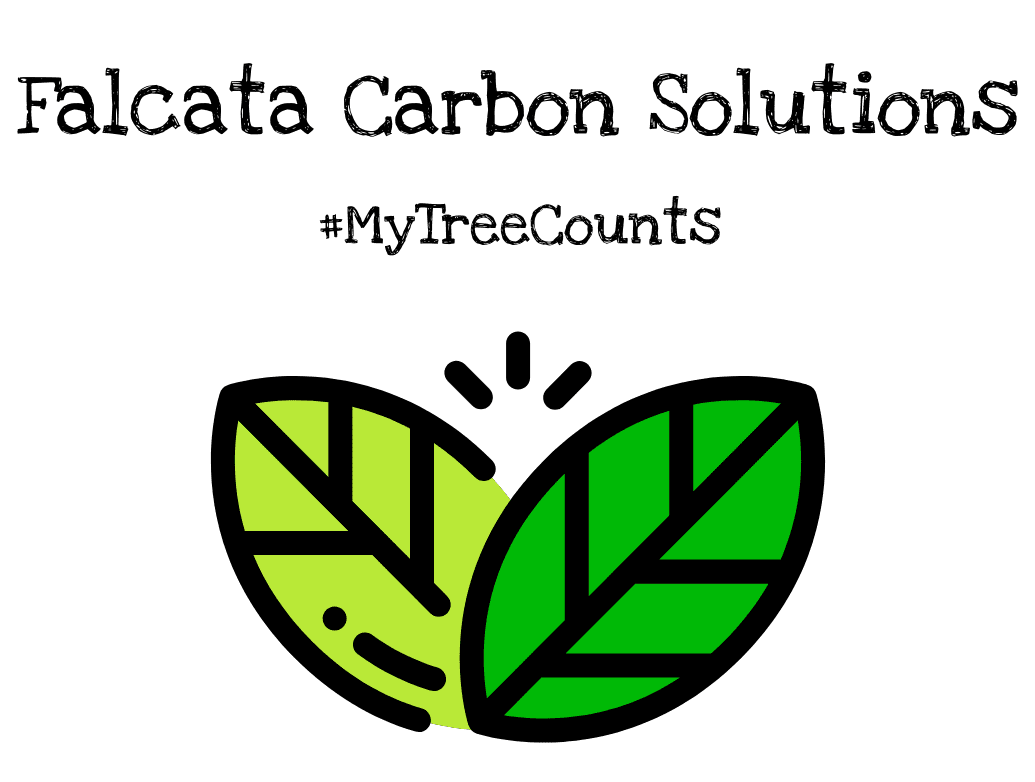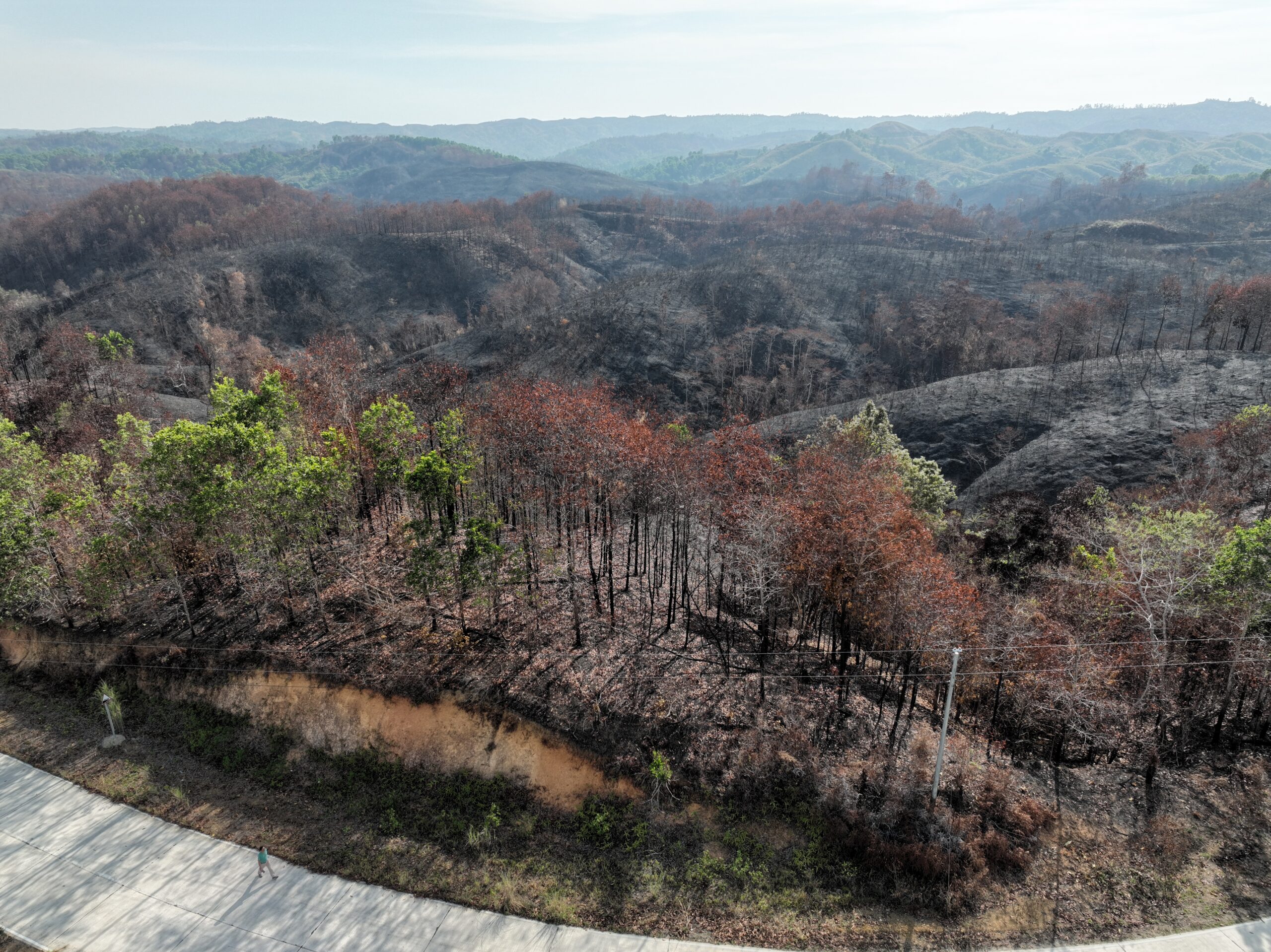In 2024, El Niño returned with a vengeance, bringing dry conditions and triggering devastating forest fires in Candoni, Negros Occidental. This small town, once known for its lush green landscapes, is now at the mercy of uncontrollable flames, with smoke choking the air and wildlife fleeing for safety. The Candoni forest fires are a warning we cannot afford to ignore—they demand urgent action against climate change.
If you think climate change is a distant problem, think again. The crisis is here, it’s real, and it’s burning through the forests of Candoni. It’s time to face the facts: the climate is changing faster than expected, and these fires are just one more sign of the dangers we face. But we have the power to make a difference, starting right now.
What is El Niño and How Did it Spark the Fires?
El Niño is a natural weather phenomenon, but its effects are anything but ordinary. It causes warmer sea surface temperatures in the Pacific Ocean, leading to extreme weather patterns worldwide. In the Philippines, this means long, dry spells—perfect conditions for forest fires.
The Candoni fires weren’t caused by one lightning strike or an accident. They were fueled by months of drought, parched land, and the suffocating heat that El Niño brought. What makes this even more alarming is that El Niño events are becoming more intense and frequent due to climate change. You may not realize it, but the rising global temperatures are amplifying the destructive impact of El Niño.
The forests in Candoni have always been at risk during dry seasons, but El Niño has escalated the situation. Dead, dry vegetation that would normally recover after a short drought has become the perfect fuel for fires, burning faster and hotter than before. If we don’t act to mitigate climate change, this will become the new normal.
Why Should You Care About Fires in Candoni?
It’s easy to look at these fires as someone else’s problem, but the reality is that they affect all of us. Forests play a crucial role in regulating the earth’s climate by absorbing carbon dioxide. When they burn, that carbon is released back into the atmosphere, accelerating climate change even further. Essentially, these fires are a vicious cycle: climate change makes them worse, and they, in turn, make climate change worse.
The loss of forests in Candoni isn’t just an environmental disaster; it’s a human one too. The fires are destroying homes, displacing families, and threatening livelihoods. Farmers in the area are watching their crops wither and die from the heat, and the tourism that once thrived on Candoni’s natural beauty has vanished. Every community that relies on these forests is suffering.
If you’ve ever felt that climate change is too big to fix, remember that every fire, every storm, and every flood is a reminder of what’s at stake. This is about protecting people’s lives, homes, and futures—not just some far-off, abstract idea of saving the planet.
What Can We Do to Prevent This from Happening Again?
You may wonder how we can fight something as powerful as El Niño, but the answer lies in combating its root cause: climate change. We can’t control the weather, but we can take steps to reduce our carbon footprint and mitigate the damage.
First, reforestation is key. Planting trees helps to absorb carbon dioxide and restore ecosystems destroyed by fires. Communities in and around Candoni need support in rebuilding their forests. Every tree planted is a small victory in the fight against climate change, and it’s something you can get involved in, whether by volunteering, donating, or simply spreading awareness.
Second, we need to reduce our dependence on fossil fuels. You can do this in your daily life by choosing renewable energy options, using public transportation, and minimizing waste. Every little action counts, and when combined, they make a big difference. Imagine if everyone in your community started making small changes today—the impact would be enormous.
Finally, we must hold our leaders accountable. Governments have a responsibility to address the climate crisis through policies that prioritize the environment and support sustainable development. Speak up. Let your voice be heard in local, national, and global conversations about climate action. The fires in Candoni are a wake-up call, but it’s up to us to answer it.
Time for Real Change
You might be thinking, “How can one person make a difference?” But history has shown that change often starts with a few voices. The Candoni forest fires are not just a local problem—they are a symptom of a global crisis. We’re facing a tipping point, and every action matters, no matter how small it seems.
If we ignore these fires and continue with business as usual, we are signing up for a future of more frequent disasters, hotter temperatures, and deeper environmental destruction. But if we take this as a wake-up call and act now, there is still hope.
The flames in Candoni may be burning today, but tomorrow can be different. It’s time to act on climate change before it’s too late. It’s time for you, me, and everyone to come together and build a climate-smart future, one step at a time. The power is in our hands—let’s not let it slip away.

